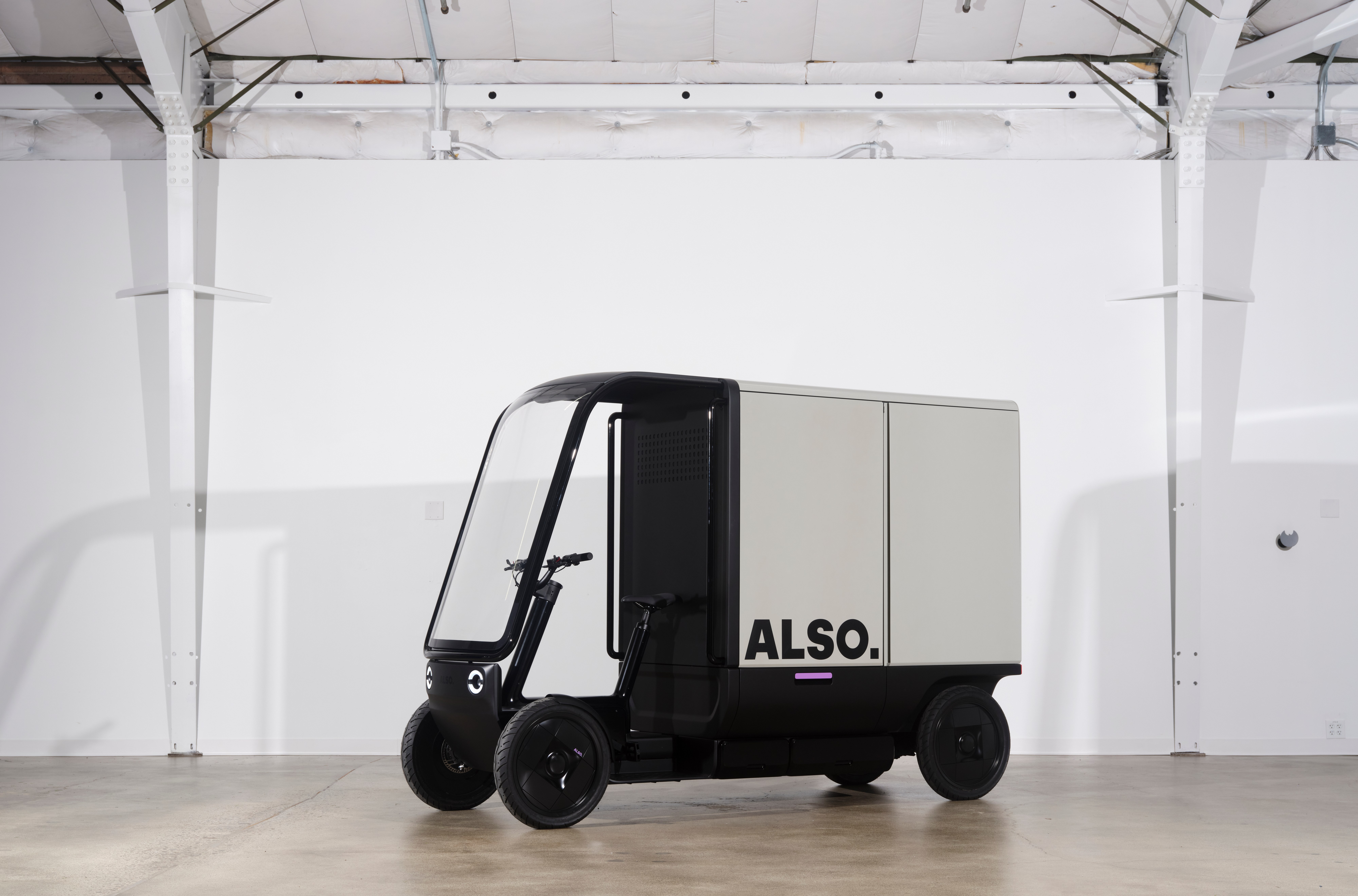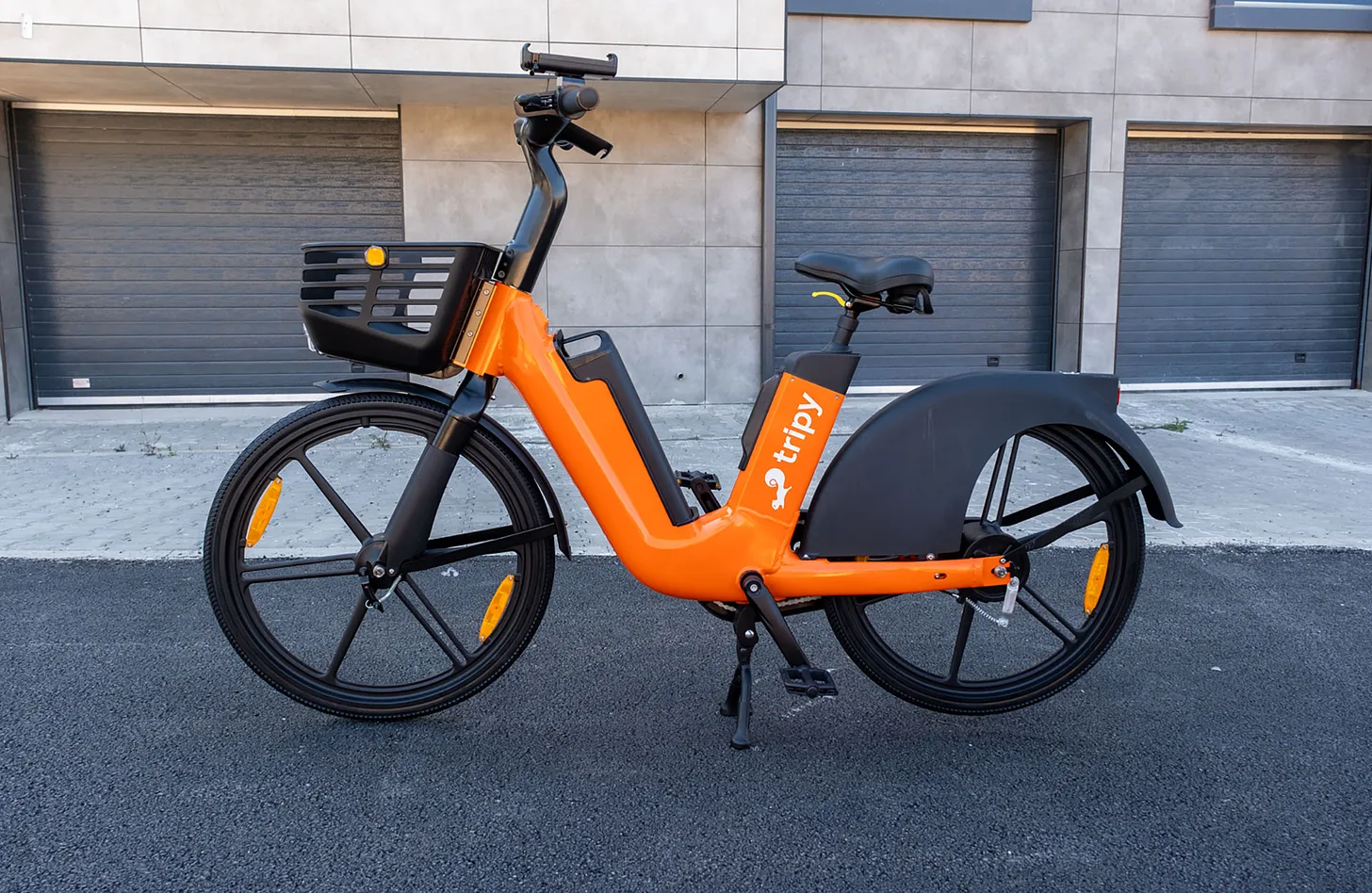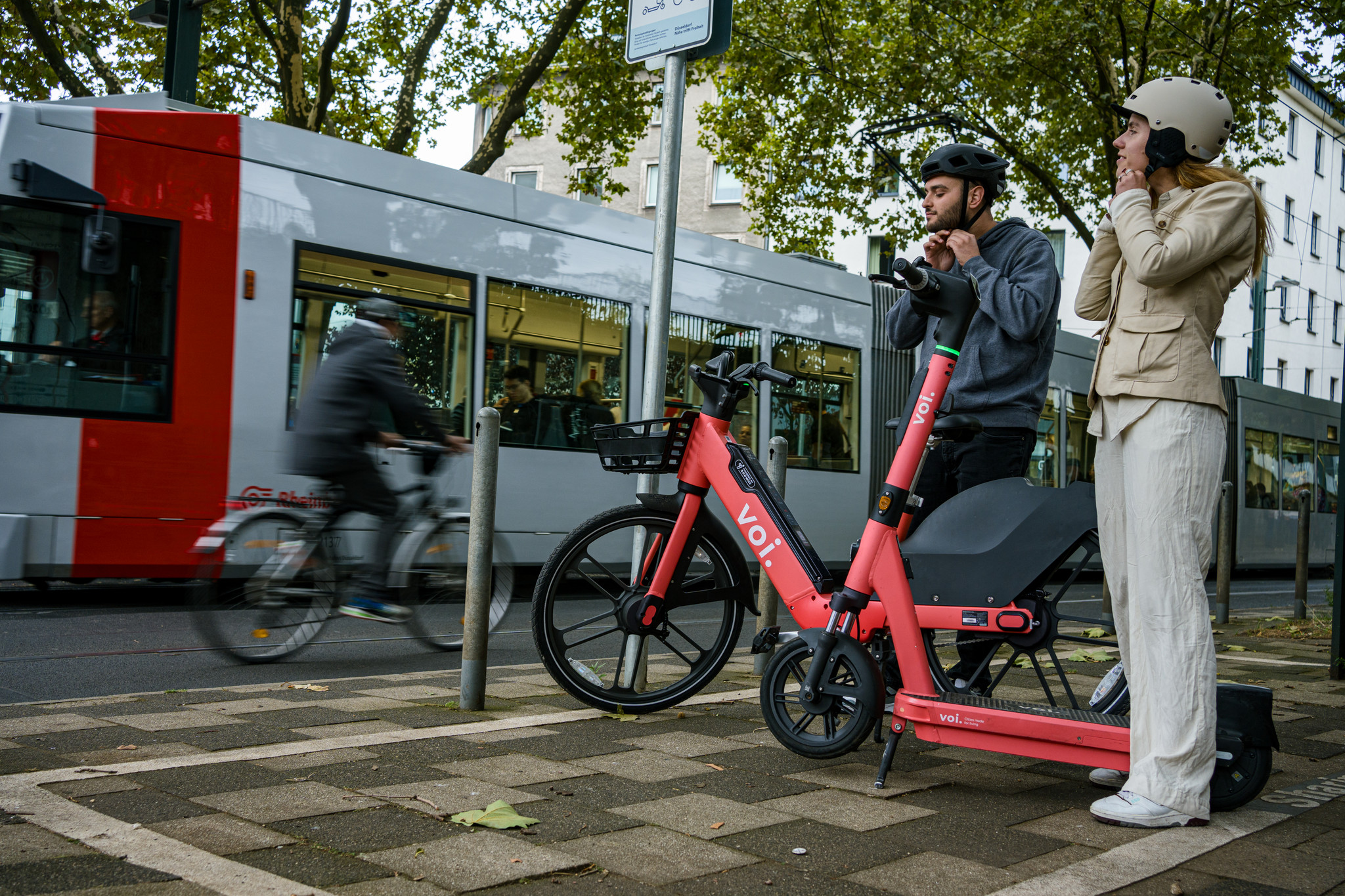Upway, a leading e-bike refurbisher, has secured $60 million in new Series C funding with a goal of refurbishing 1 million bikes by 2030. This investment is led by A.P. Moller Holding with support from Galvanize, Ora Global, and also from Sequoia Capital, Exor Ventures, Transition, Origins, and Korelya Capital., signals strong market confidence in the circular economy model for personal mobility.
Since its start in 2021, Upway has now raised over $125 million. Its goal is to refurbish and sell one million e-bikes by 2030, preventing countless vehicles from ending up in landfills and reducing urban carbon emissions.
This new funding values the startup at around $400 million.
Building a Circular Network
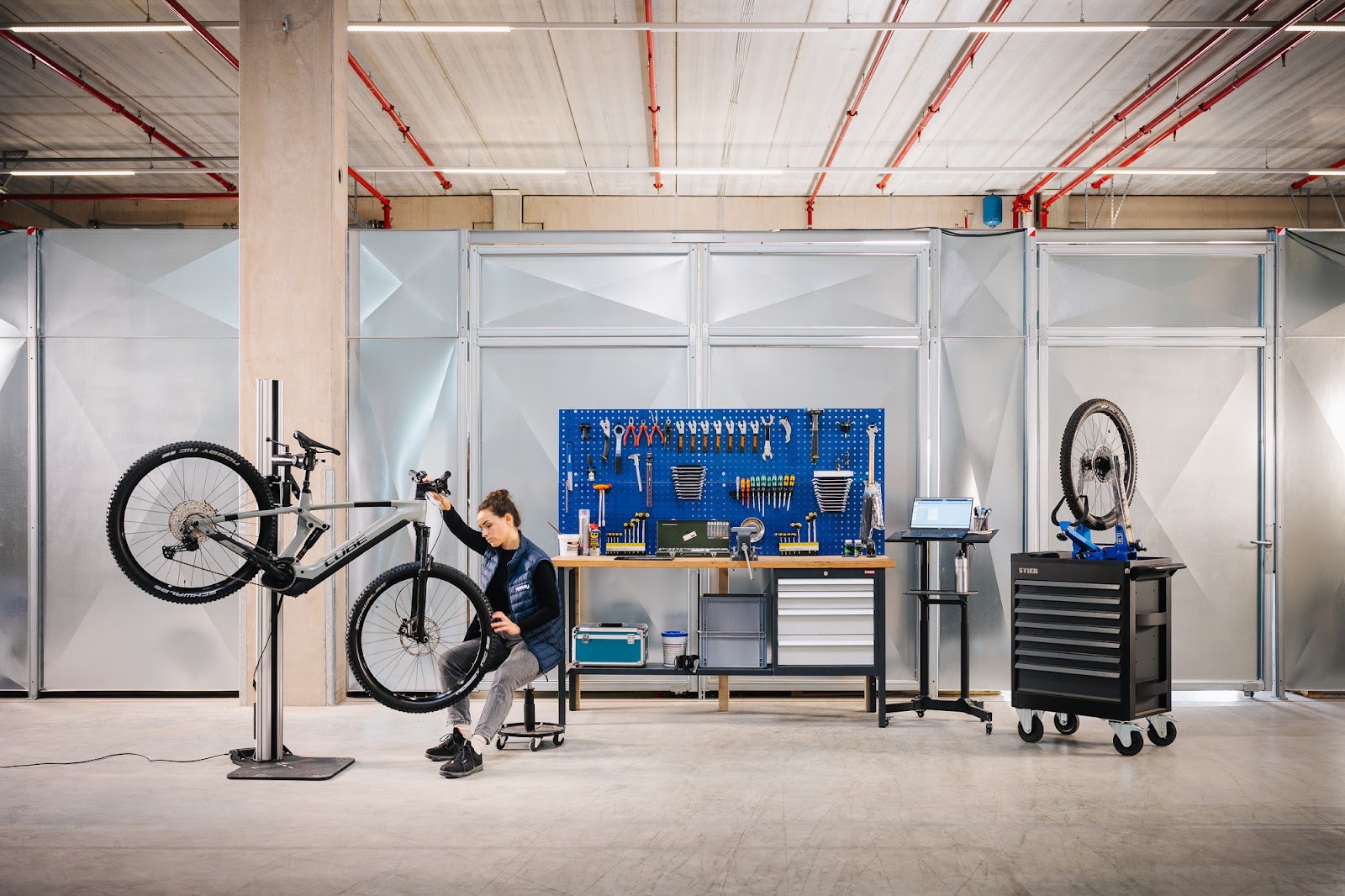
Upway’s approach tackles a growing problem: what happens to e-bikes as they age or are replaced. The company has developed an industrial-scale solution, acquiring used e-bikes and professionally refurbishing them at its specialized facilities, called "UpCenters."
This fully integrated model is driven by a core founding philosophy. As co-founders Stéphane Ficaja and Toussaint Wattinne stated, “We founded Upway with a simple idea: light mobility can only be sustainable if it’s circular. This round allows us to scale that vision and make second-hand the first choice for millions of riders. We’re building the industrial and technological infrastructure that gives e-bikes a second life, with the same quality and safety standards as new ones. We’re excited and ready to continue establishing this entirely new category: one that combines purpose with performance and sustainability with scale.”
Currently operating six centers across the United States and Europe, including in New York, Berlin, and Paris, Upway will use the new funds to open at least six more within two years. This expansion into countries like the UK and Poland will help create a network employing over 2,000 skilled workers by the end of the decade.
Making E-Bikes Accessible
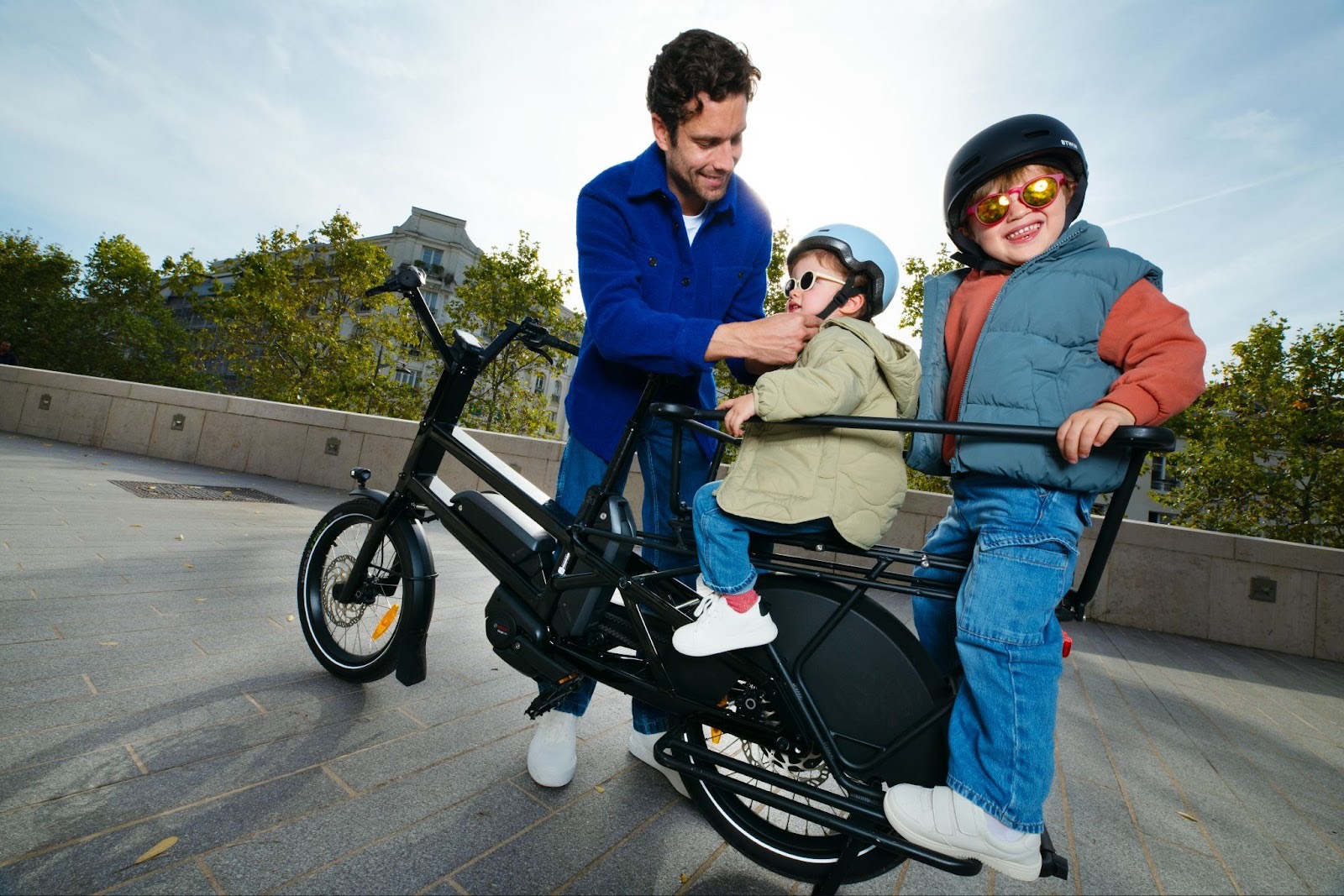
For consumers, Upway simplifies the process of buying a pre-owned e-bike. The company offers an extensive selection of more than 2,500 models from over 200 brands, all restored by expert mechanics. Each bike undergoes a rigorous 50-point inspection before being sold online with a one-year warranty and home delivery.
This model makes premium e-bikes more affordable. The average customer saves more than €1,000, about a 45% discount compared to a new model, lowering the barrier to entry for eco-friendly transport.
A Broader Impact
Each refurbished e-bike that replaces a car for short trips cuts CO2 emissions by up to 90% per kilometer, directly combating urban air pollution and congestion.
Investors are backing Upway not just for its business model, but for its execution.
Chetan Mehta of A.P. Moller Holding noted that “Upway’s ability to industrialize second-hand e-bike refurbishment and deliver the highest level of customer trust globally truly sets them apart. By applying rigorous standards and advanced processes to every bike, they have built a reputation for quality and reliability that is rare in the mobility sector. Customers know they can count on Upway for a seamless, worry-free experience, no matter where they are. This commitment to trust and operational excellence is what makes Upway a reference in circular mobility.”
Stéphane Ficaja and Toussaint Wattinne founded the company on the principle that "light mobility can only be sustainable if it’s circular." With this new funding, they are scaling that vision, aiming to make second-hand the first choice for millions of new riders around the world.
Upway is actively designing the future of sustainable, circular mobility infrastructure by leveraging its supply chain.
Luciana Lixandru, Partner at Sequoia Capital highlighted this: “Upway is not just responding to the future of mobility: it’s actively designing it. By combining supply chain mastery, deep customer trust, and global reach, Upway is laying the foundation for a new kind of infrastructure: one where sustainability scales, and circularity becomes the norm. Their vision redefines how mobility is built, accessed, and experienced, turning second-hand into first choice, and local impact into global transformation.”

.svg)
%2Bcopy.jpeg)

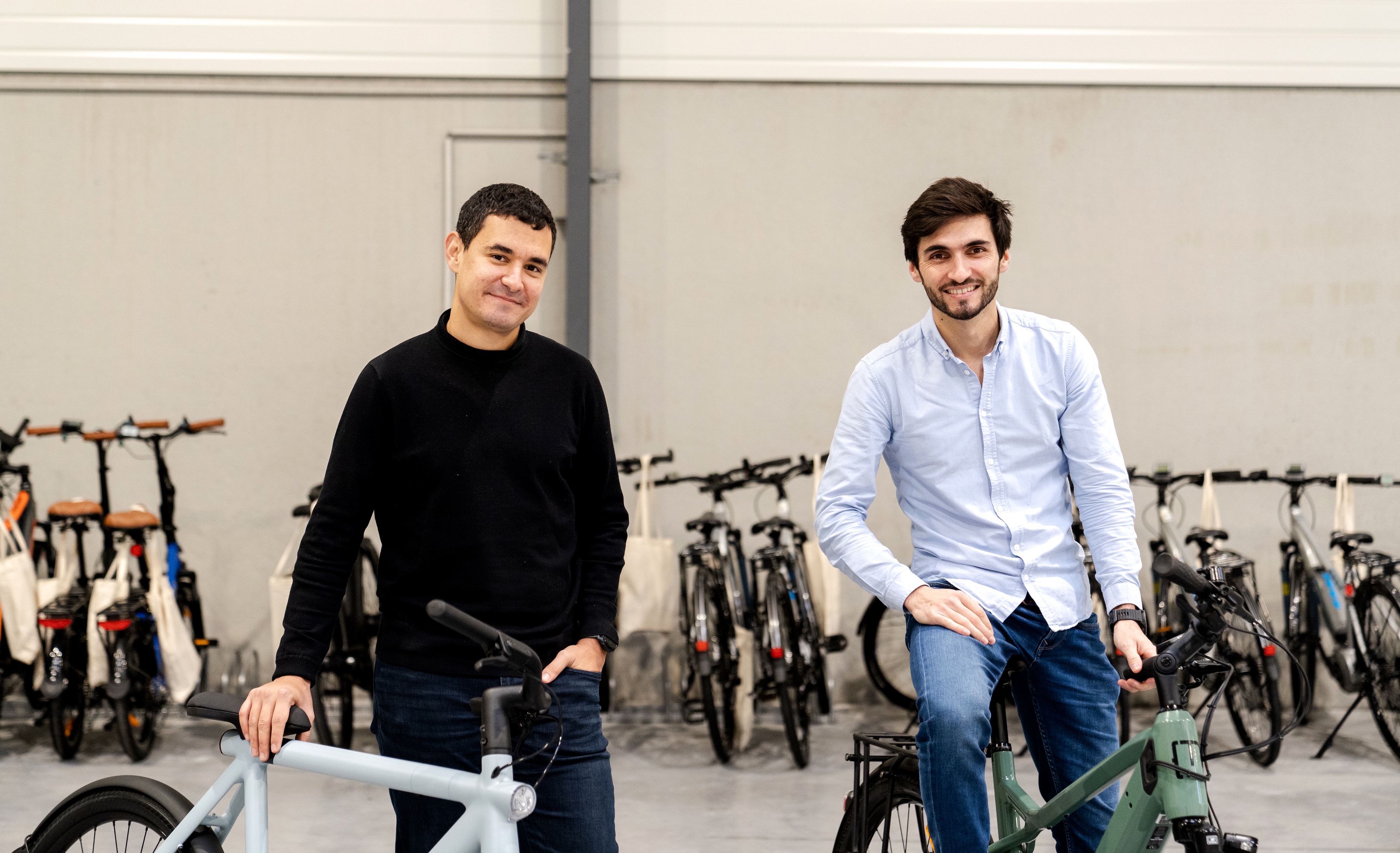
.svg)



